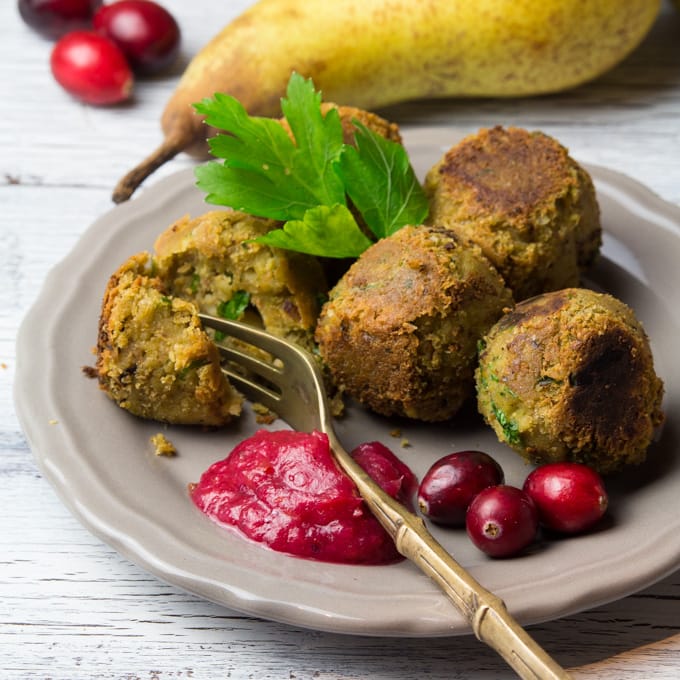 This week the anti-Israel Nation Magazine published a lead article, "Make Thanksgiving Radical Again"
This week the anti-Israel Nation Magazine published a lead article, "Make Thanksgiving Radical Again"
(Never fear, it only uses the word "genocide" once.)
You see, no one heeded their call in 2023 "to decolonize Thanksgiving [or] replace Thanksgiving with a 'Truthsgiving.'", so now they're trying to find a way to justify eating turkey and stuffing today.
These people have to rationalize why New Yorkers riot against Israel (just like last year) but not against Columbus.
Yes, why, do tell us!
Tradition?
In honor of tradition, today we dust off and rejewvenate our annual Hodu message.
Here are a few questions to stump everyone at the table:
Try this one first: Why turkey?
Serious question: Why do Americans eat turkey on Thanksgiving?
(Why does it seem like a religious duty, like matzah on Pesach.)
If anyone answers, "They ate turkey so we have to eat turkey," that would be incorrect.
In fact, they would be wrong on 2 counts.
First of all, would it really be so bad to have a Thanksgiving pizza? Or Thanksgiving sushi? Or a Cajun Thanksgiving? How about a Chinese Thanksgiving? Curry Thanksgiving, anyone?
(I know I'm not the first to ask this question, but it seems far from resolved.)
Second, they probably didn't eat much turkey.
At that original Thanksgiving in 1621, they apparently ate mostly venison.
I know, shocking, right?
Let's go back in time.
Imagine you're on the boat with Columbus.
(Maybe you're even a Jewish refugee from the Spanish Inquisition.)
PS - If you'd like to know about the Jews who sailed with Columbus, send me an email.
Of course, you and your geographically-challenged buddies think you're in Asia.
It's a strange world! Strange people, fauna and flora.
And you see this funky chicken.
The Wampanoag Indians call it neyhom.
What do you, O Spanish sailor, call it?
Remember, it looks vaguely like a chicken and you think you're in India, so naturally you call it "Indian chicken."
Are you with me so far?
French explorers agree that it looks like a chicken and they call poulet d'Inde (Indian chicken), later shortened to dinde (pronounced "dand").
English settlers think it looks more like a Turkey pheasant than a chicken, so they call the bird turkey.
Jewish explorers side with the French and call it tarnegol hodu — "Hindu chicken" — later shortened to hodu.
What's interesting for us is that the Hebrew word HODU also just happens to mean "give thanks" (in the imperative mood for all the grammarphiles out there).
So back to our main question for your table: What food should you eat on Hodu Day?
(Hodu, of course.)
Now try asking somebody Jewish at the table this stumper:
You're Jewish, right? Can you explain what "Jewish" means?
Forget the religious or cultural meaning; we want to know the etymology of "Jewish".
It means something like, "a state of being thankful".
Ergo, if you're living up to the name "Jewish" then you are....
....living in a state of being thankful.
Let that sink in before asking the next question: How often?
(Once a year? Once a month? Once a week? Once a day?)
That could be a lot of hodu to stuff yourself with.
Final question for the table: How do you do hodu?
Happy Hodu-Day, and
(which may be the same as saying...)
Shabbat Shalom
Appreciated this Table Talk? Like it, tweet it, forward it....



 This week the anti-Israel Nation Magazine published a lead article, "Make Thanksgiving Radical Again"
This week the anti-Israel Nation Magazine published a lead article, "Make Thanksgiving Radical Again"




